February 12, 2025 | 21:48 GMT +7
February 12, 2025 | 21:48 GMT +7
Hotline: 0913.378.918
February 12, 2025 | 21:48 GMT +7
Hotline: 0913.378.918
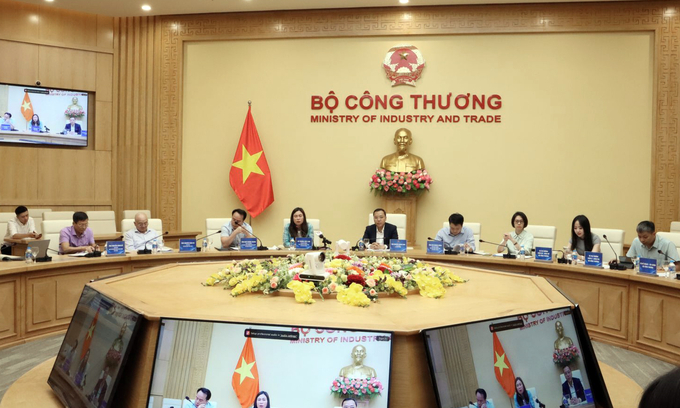
The Ministry of Industry and Trade collaborated with Vietnam’s overseas trade offices to organize the Trade Promotion Conference. Photo: MOIT.
According to the Ministry of Industry and Trade, with considerable advantages in labor costs and production expenses, Vietnam's export goods have been able to meet international quality standards. On the other hand, they have become a threat to domestic industries in many importing countries.
Deputy Director of the Trade Remedies Authority, Truong Thuy Linh, noted that countries around the world are increasing their usage of trade defense tools, including anti-dumping measures, countervailing duties, and safeguards, on Vietnam’s export goods.
Several countries, such as the United States, have employed a fourth tool, known as “anti-circumvention measures,” aimed at preventing the alteration of the origin of exported goods that are subject to anti-dumping and countervailing duties, with the aim of evading tariffs.
“The adoption of this measure has led to a growing number of trade defense cases against Vietnam’s exports,” Deputy Director Linh reported.
From 2001 to 2011, Vietnam faced 50 trade defense investigations. Subsequently, the number of cases has grown to 207 (an approximately four-fold increase). Among these cases, there were 141 anti-dumping investigations, 37 anti-circumvention investigations, 27 countervailing duty investigations, and 52 safeguard investigations.
In 2020, this figure peaked at 39 cases. Vietnam has faced 14 investigations in 2024 so far.
In addition to the increase in the number of trade defense investigations, the number of markets conducting investigations into Vietnam has also expanded. Accordingly, Vietnamese exports have been the subject of scrutiny by numerous countries and territories that had previously conducted minimal or no investigations into the country, including Mexico, South Africa, and Taiwan.
As a result, the scope of products under investigation is extended beyond major export items such as shrimp, shark catfish, steel, wood, and solar panels to include lawnmowers, honey, paper plates, and staples. Additionally, the severity of investigations has increased in nature, imposing higher demands on the government and businesses (including tighter response deadlines, more challenging information requirements, and difficulties in obtaining extensions).
Deputy Director Linh reported that trade defense duties are on an increasing trend as some countries, such as the United States, have not recognized Vietnam as a market economy. Consequently, importing countries must pay the costs of a third country to determine the normal value in anti-dumping cases.
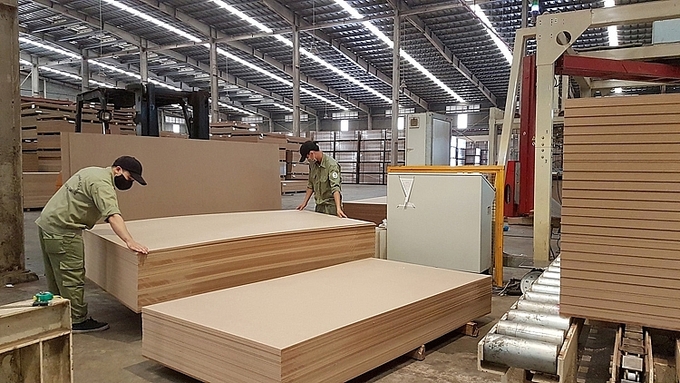
Wood products are frequently subjected to anti-dumping and countervailing duty investigations by the United States. Photo: Go Viet.
With the goal of protecting the interests of businesses, the Trade Remedies Authority and Vietnam’s trade offices have actively monitored the progress and outcomes of investigations. Upon receiving information, relevant trade offices will issue early warnings and promptly propose solutions to the government, allowing additional time for preparation and defense strategies.
The trade offices also represent the Ministry of Industry and Trade in discussions, presenting arguments and conveying the government’s position on the conclusions drawn by investigating authorities.
Deputy Director Truong Thuy Linh requested the trade offices to explain the investigation procedures in detail and assist in presenting the Vietnamese government's opinions and positions. Furthermore, the trade offices should support consultations or initiate disputes at the World Trade Organization (WTO) if foreign investigative authorities violate WTO regulations on free trade.
The United States has launched the highest number of trade defense investigations into Vietnamese goods, despite being Vietnam's largest export market in recent years. Trade counselor Do Ngoc Hung reported that steel, honey, and wood products are among the most frequently investigated items by the U.S.
The Vietnam's Trade Office in the United States regularly collaborates with the Vietnamese Embassy to maintain close coordination with domestic organizations and individuals. It also proposes high-level exchanges with embassy leaders when coordinating with foreign partners to enhance the impact and support responses to investigations. Additionally, the trade office frequently interacts with U.S. partners to collect information, analyze import-export data, and provide recommendations and warnings to the business community.
"Businesses must be ready to respond and handle investigation cases as they arise, maintaining full cooperation as well as providing information and documentation to investigative authorities for the most favorable outcome. The trade office in the United States places a heavy emphasis on full cooperation with the Department of Commerce (DOC) and the U.S. International Trade Commission (USITC)," trade counselor Hung explained.
For products previously investigated by the U.S. and subject to trade defense measures, businesses should diversify their raw material sources to avoid anti-circumvention investigations or issues related to the Uyghur Forced Labor Prevention Act (UFLPA), which can lead to strict inspections and the risk of goods being returned.
Commercial Counselor in Canada, Tran Thu Quynh, added that certain products, such as truck frames, wind turbines, upholstered office furniture, wind towers, solar panels, hot-rolled steel coils, screws, steel joints, mesh steel flooring, copper pipes, cooling and heating systems, industrial wood flooring, drilling pipes, pile pipes, and aluminum profiles, may be subject to investigation by North American countries.
In addition to Trade Counselor Do Ngoc Hung's recommendations, Commercial Counselor Quynh suggested that businesses actively participate in events that promote the CPTPP Agreement, research the rules of origin, and explore the cumulative origin principle in production.
Concluding the conference, Deputy Minister of Industry and Trade Nguyen Hoang Long requested stakeholders to effectively develop and implement an early warning mechanism for trade defense investigations.
"Vietnam’s overseas trade offices must act as the country's antennas in foreign countries, gathering information on the economic and political situations of host countries, as well as their trade defense measures, to support domestic industries and associations," Deputy Minister Long emphasized.
The Vietnam Steel Association (VSA) reported that the industry has faced 78 trade defense investigations so far, accounting for 30% of cases involving Vietnam's export products. Notably, three new cases emerged in August and September 2024.
Translated by Nguyen Hai Long
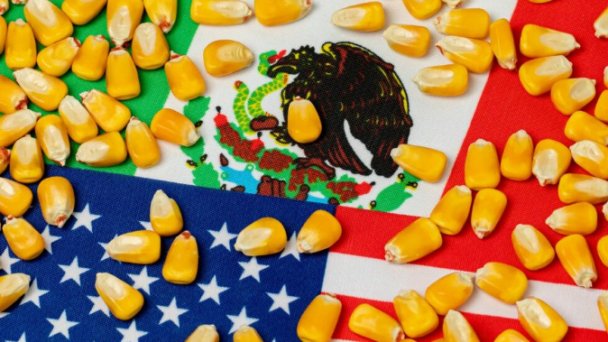
(VAN) Given the value of US corn exports to Mexico, industry trade associations in the United States applauded the repeal measure as a positive step in trade relations.
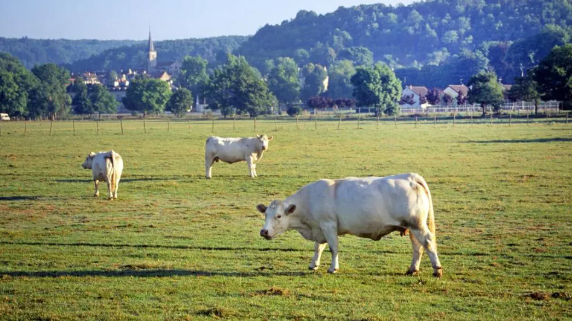
(VAN) Imagine a pastoral scene. Cows grazing on lush green grass, a vigorous vegetable garden, and sugar maple trees dominating a distant hill.
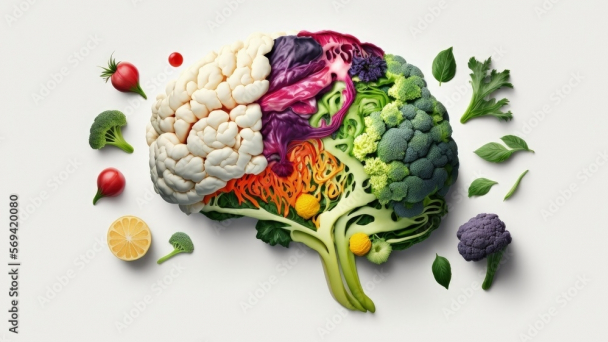
(VAN) In 2017, China initiated the World Shiology Forum, which played a significant role in uniting global scholars and leading the development of this discipline.
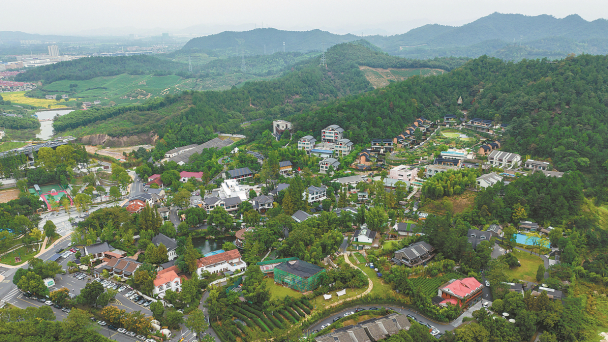
(VAN) A rural revitalization plan recently introduced by the central authorities shows China's firm determination to hasten rural development.

(VAN) The Scheme on Founding and Developing a Carbon Market in Vietnam has been approved by the Prime Minister in Decision No. 232, and the implementation has been divided into three stages.

(VAN) President Donald Trump signed several executive orders this week tied to immigration and imposing tariffs on China, Canada and Mexico in a move some economists say could impact our economy and necessary industries.
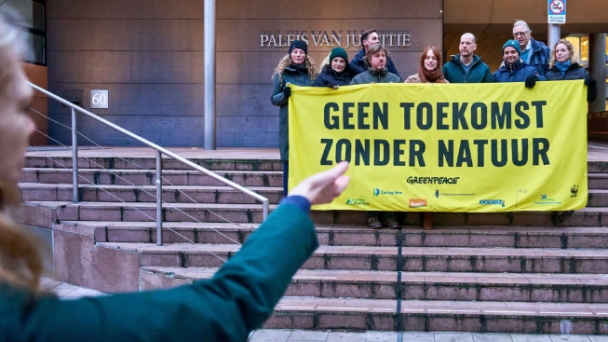
(VAN) Greenpeace’s victory means that PM Dick Schoof must achieve emission-reduction targets by 2030 or face the penalty.